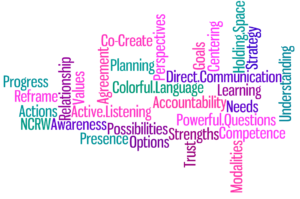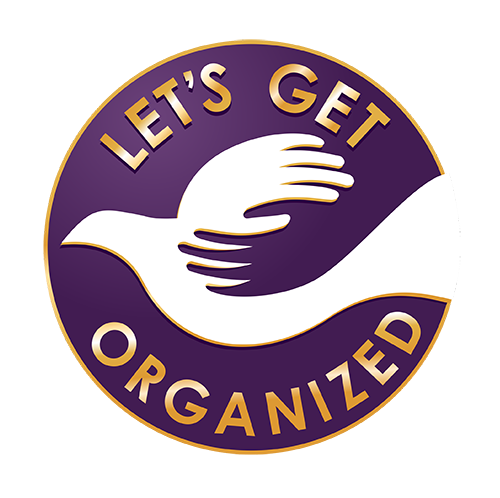 Have you been trying to get organized by yourself and haven’t had much success? Did you feel alone, overwhelmed, discouraged, or a failure? Or have you had success with de-cluttering and creating systems, but you haven’t been able to maintain them?
Have you been trying to get organized by yourself and haven’t had much success? Did you feel alone, overwhelmed, discouraged, or a failure? Or have you had success with de-cluttering and creating systems, but you haven’t been able to maintain them?
Sometimes bringing in an outside professional can help. Have you ever known an athlete or a sports team to not have a coach? How successful would they be without someone watching them, teaching them, and helping them course-correct when needed? So why should you take on an organizing project without proper guidance and support?
After more than fifteen years as a professional organizer working with chronically disorganized clients, I’ve learned that clutter and organizing is not about the “stuff,” the external environment. It’s about the internal environment: possible brain-based challenges, what we believe to be true about ourselves and our possessions, and situational factors that may contribute to disorganization.
An organizing coach knows how to help clients identify and acknowledge the factors that contribute to their disorganization. S/he will tap into clients’ innate and acquired strengths and talents and show them how to best use those gifts to achieve their goals.
- A professional organizer who is also a trained organizing coach acts as a bridge between where clients are now and where they want to go. A coach is a change agent, facilitating the changes that clients explicitly express and the ones that they imply. The coach sees and accepts clients for who they are now and who they want to be in the future.
- An organizing coach helps clients create enhanced awareness, especially of their values and needs. Clients may say they “want to get organized,” but knowing their big WHY for wanting to do so gives them greater focus and a better chance of making a lifestyle change.
- An organizing coach recognizes that clients already have the solutions to their challenges inside themselves and acts to bring awareness to those solutions. Coaches ask powerful questions to help clients see things differently and create a perspective shift.
- An organizing coach provides accountability. Setting goals for getting organized is an excellent first step. Achieving them without ongoing support is much more difficult. A coach will help a client outline the big and little tasks that need to be accomplished in order to reach those goals. S/he will hold the client’s hand (literally, if need be) while the client addresses and completes each task.
- An organizing coach and a client co-create a relationship based on active listening that supports deeper learning. This relationship may the first time the client has been really heard. The coach listens to what the client says and listens for key words that indicate how to help the client become the best version of him/herself. The coach can point out opportunities for learning and change.
Want to experience organizing coaching for yourself? Schedule your complimentary Discovery Call with Gayle M. Gruenberg, CPO-CD.
